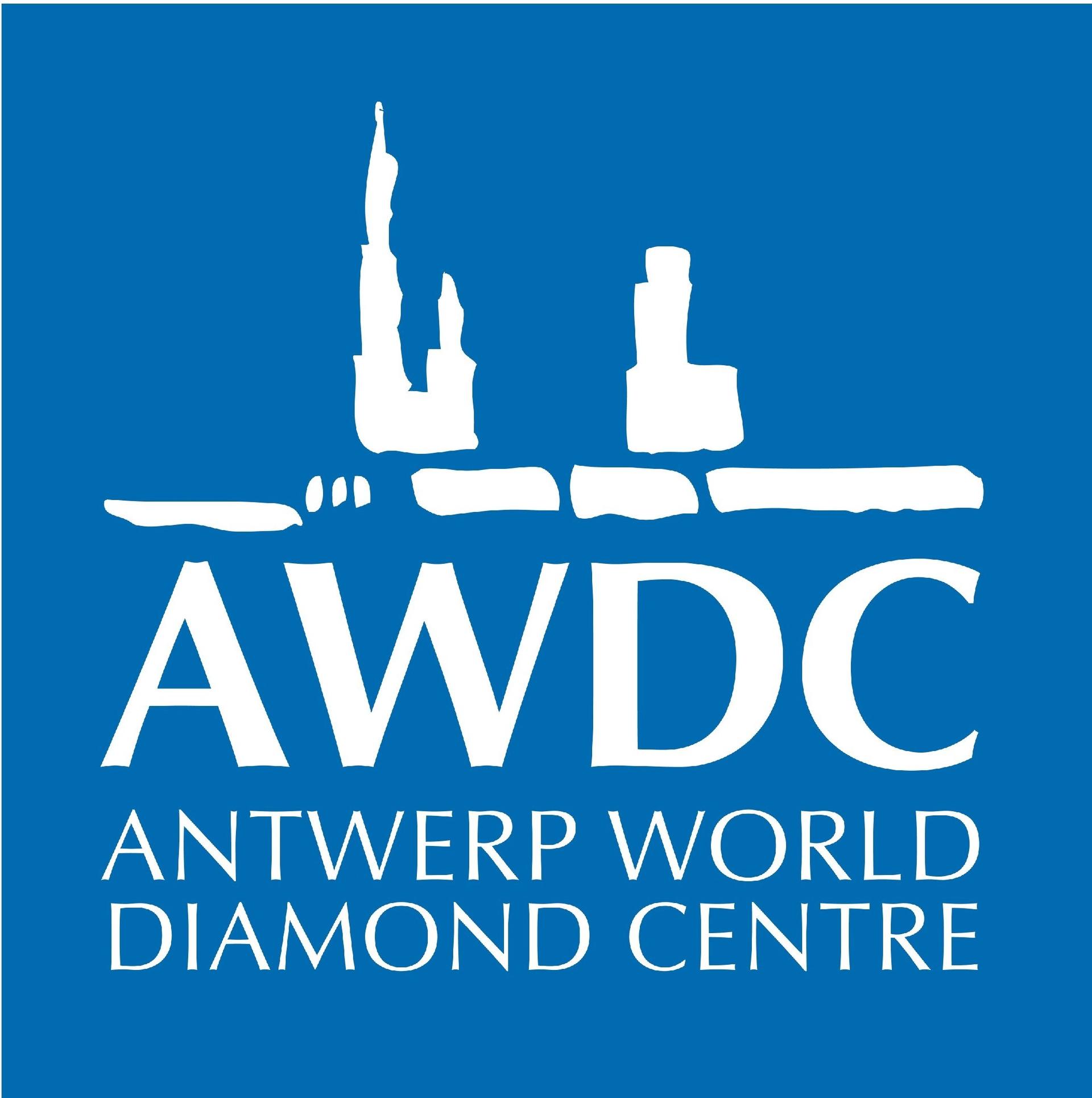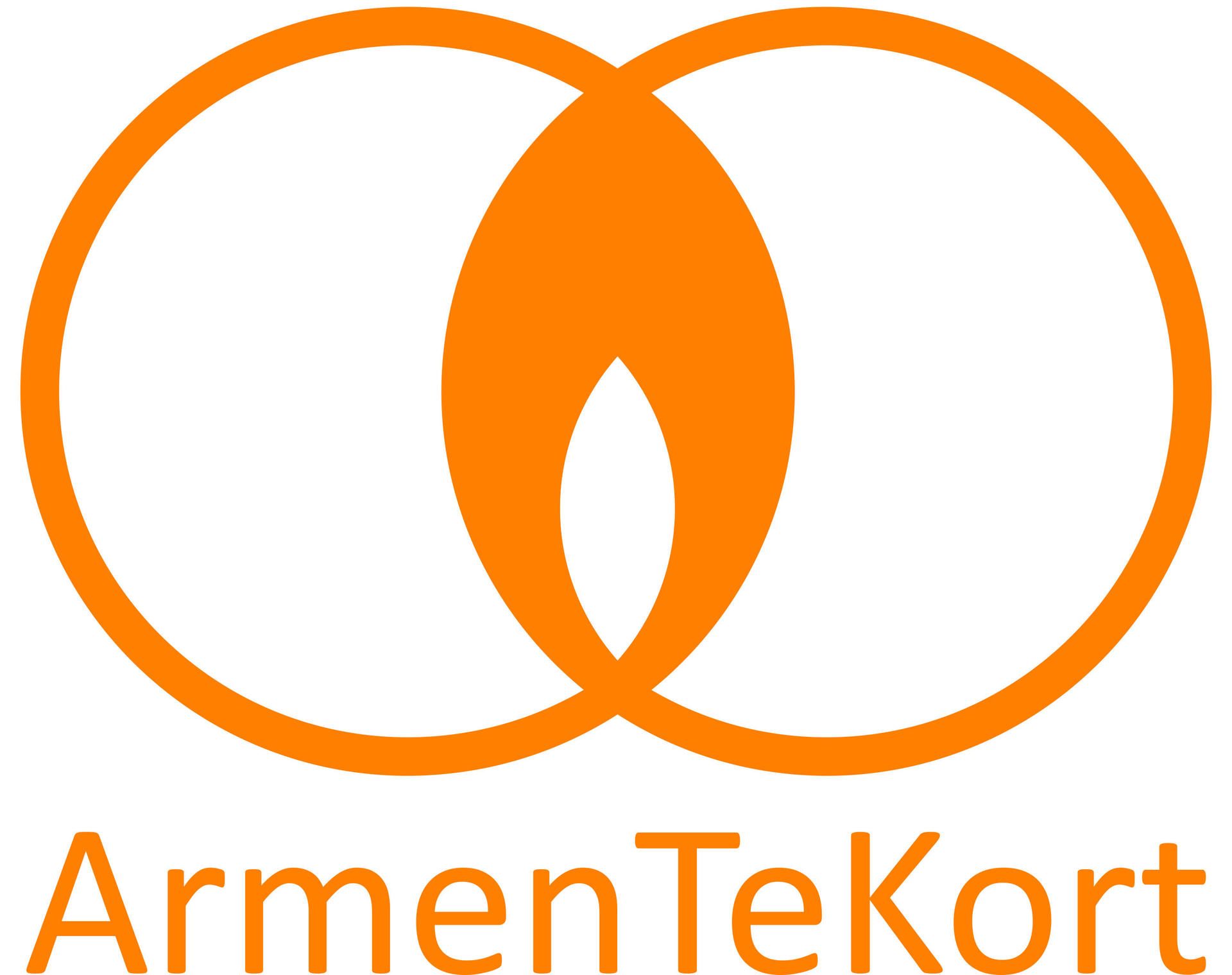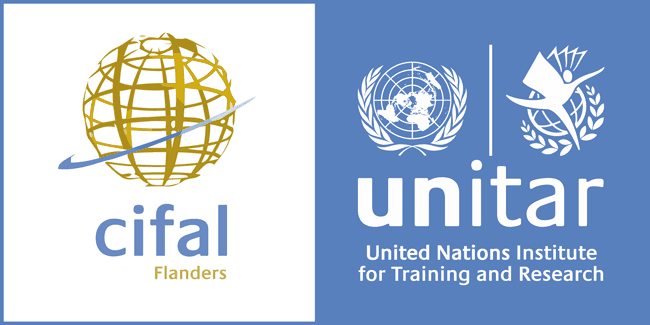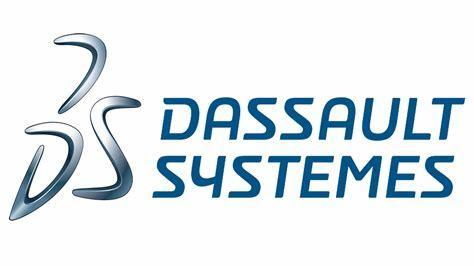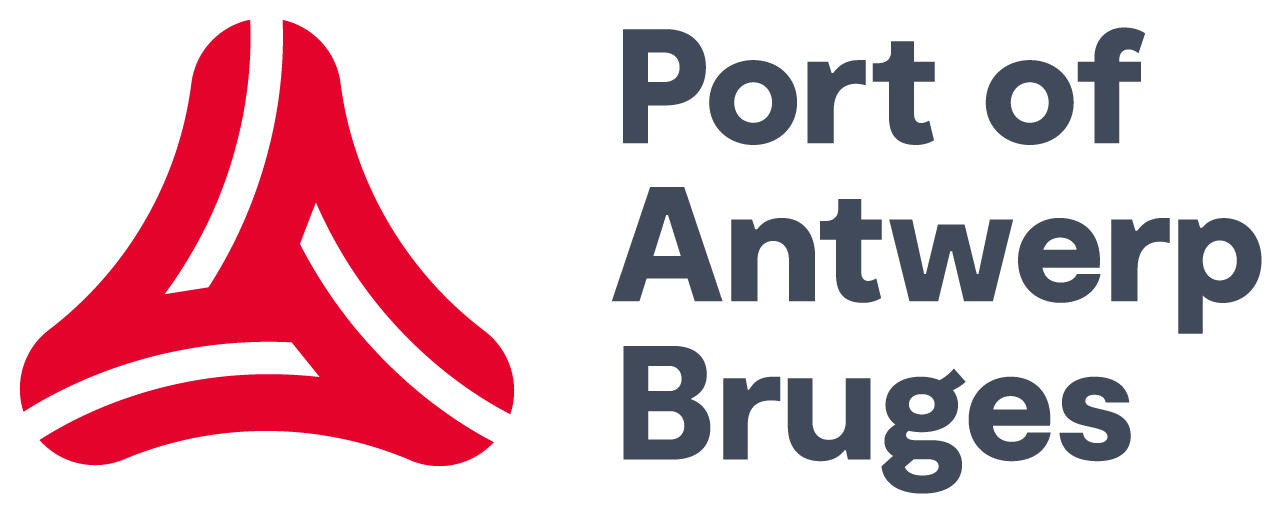
What are the Good Work Goals about?
To find effective and scalable solutions to global challenges, the economy needs to prioritize and take care of the people who work to create economic value.
The Good Work Goals aim to foster a work environment that is more safe, healthy, resilient, inclusive, happy, balanced, sustainable, supportive, meaningful and responsible.
The Good Work Goals do so by proposing a set of actions in each of these 10 domains, which employers can take to ensure a good work environment for their employees.
The Good Work Goals also highlight that good workplace practices are a demonstrable responsibility not only in times of stability and prosperity, but also – and even more so – in times of crisis and recovery, such as the current COVID-19 crisis.
Advantages of signing the Good Work Goals
By signing the Good Work Goals, companies publicly demonstrate leadership toward creating workplaces that value good employees and support good societies. Signatory companies will also:
- get access to the Learning Network, including free participation in the 3 thematic deep-dive sessions;
- receive priority placement plus a 50% fee discount on the AMS 2-day course on Sustainable Leadership & HR;
- be invited to our Annual Gathering of Signatories, where collective progress on the Good Work Goals will be reviewed, and where Signatories will have a chance to share their own best practices;
- be able to use their Signatory status in their branding and media campaigns.
The 10 Good Work Goals
Fostering a work environment that strives to prevent incidents, accidents or conditions that threaten or harm the physical health of employees.
Fostering a work environment that encourages and enables physical health and activity, ergonomic design, wholesome diets, and positive mental well-being among employees.
Fostering a work environment that supports employees in their ability to positively manage stress and adapt to unexpected or significant changes.
Fostering a work environment that supports employee diversity and does not discriminate based on gender, race, religion or other characteristics.
Fostering a work environment that prioritizes job satisfaction, employee fulfilment and a team-based culture.
Fostering a work environment that supports a healthy balance between time spent working and not working, and relationships within and beyond the workplace.
Fostering a work environment that promotes environmental consciousness and action to reduce impacts on natural resources and ecosystems.
Fostering a work environment that supports the personal and professional development of employees and rewards employees fairly.
Fostering a work environment that allows employees to feel they are contributing positively to a larger societal purpose and the needs of all stakeholders.
Fostering a work environment that gives employees the opportunity to take action toward a better society and environment, e.g. through employee volunteering programs.
Founding Partners
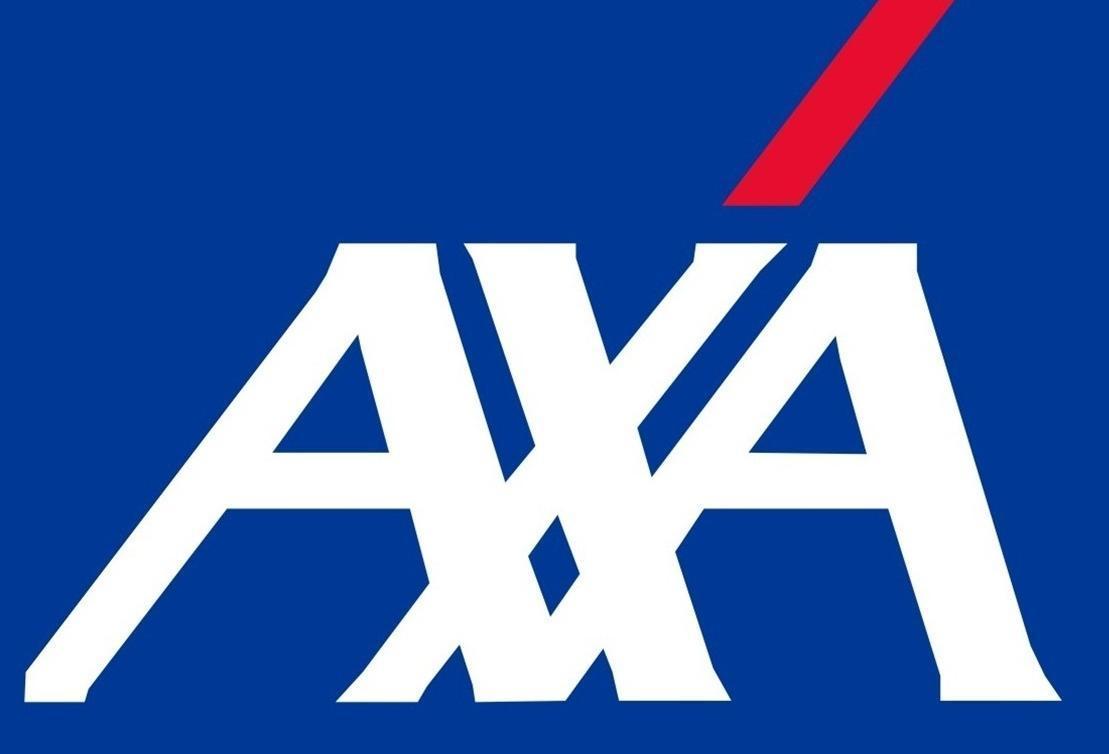

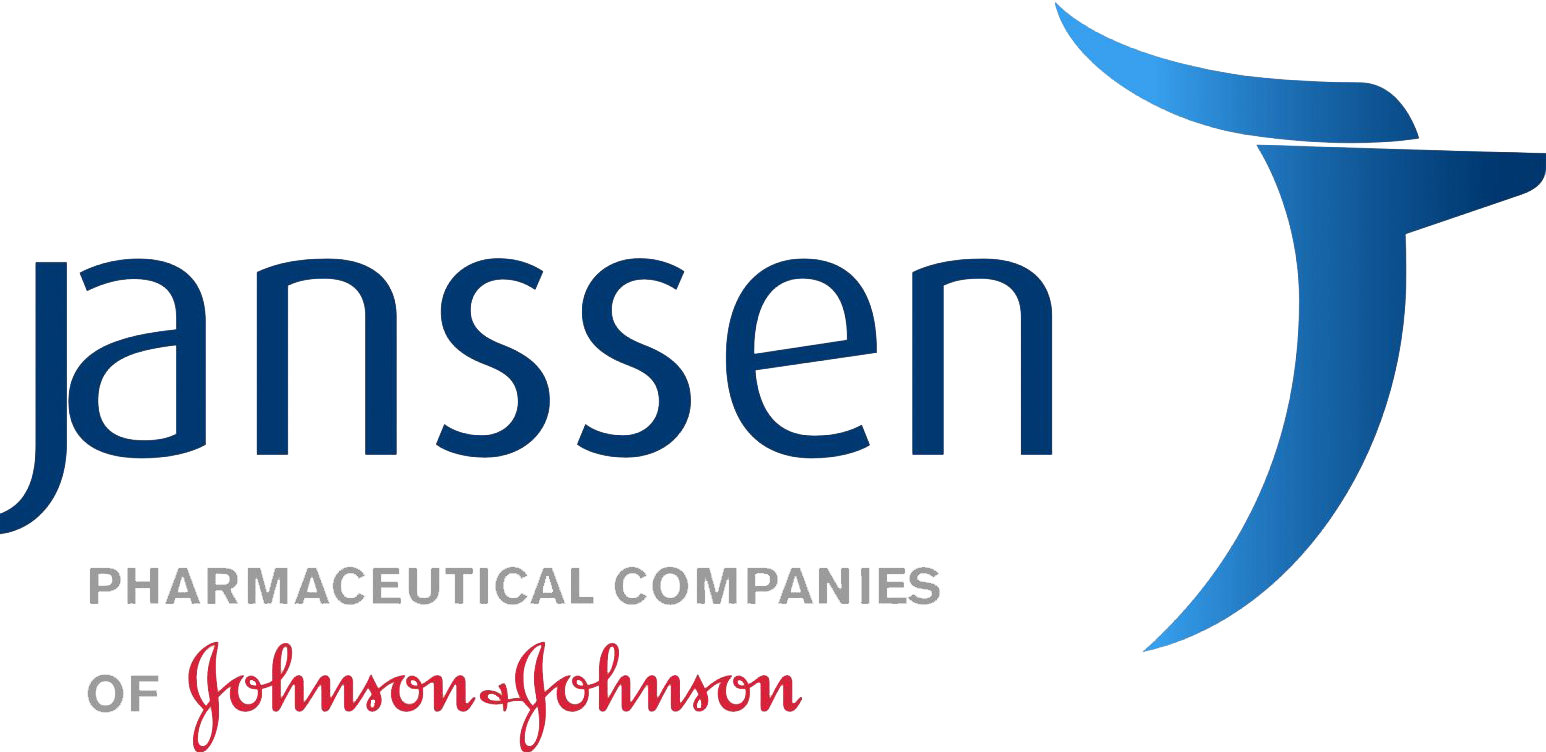

The AMS Sustainable Transformation Groups (ST Groups) are an initiative of Antwerp Management School and the University of Antwerp, co-led by BASF, Port of Antwerp, and Randstad Belgium.
Media partner:

Signatories

